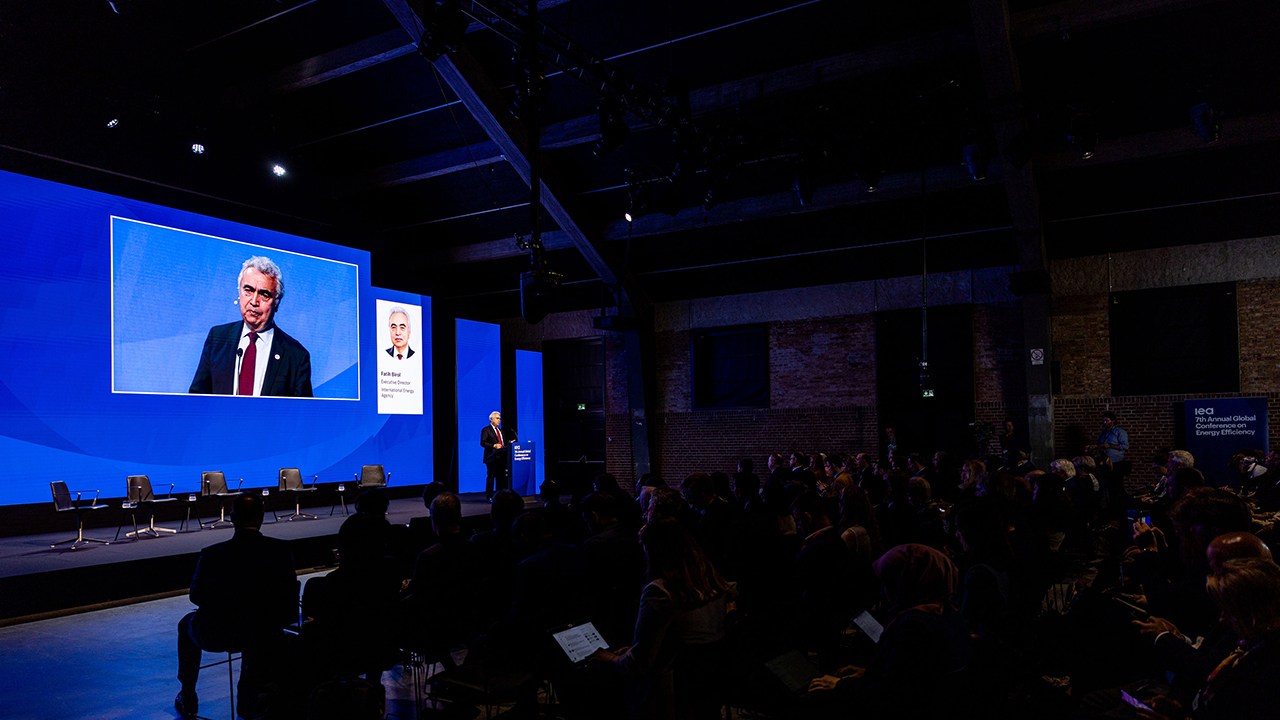
By Martin Rossen, Senior Vice President, Head of Communications & Sustainability at Danfoss.
Originally published on euractiv.com.
The energy crisis is intensifying throughout Europe. Since the start of Putin’s war on Ukraine, businesses and consumers alike have been struggling to handle extraordinarily high energy bills. With Nord Stream 1 now fully closed, this trend will only continue and pick up more speed.
Last month, Germany saw energy costs surge to over 1,000 per megawatt hour, whilst France’s nuclear sector, which provides about 70% of the country’s electricity, is also now struggling with lower output, pushing up the country’s energy prices [1].
And it’s only early September right now; most of Europe is still enjoying warm temperatures. As the temperature dips in the coming months, demand and bills will increase further.
Meanwhile, the UK’s gas and electricity regulator, Ofgem, has now raised the energy bill price cap to a staggering £3,549 a year [2], impacting millions of households across the UK during a worsening cost-of-living crisis. This marks an 80% increase and will be unaffordable for the majority of UK households and businesses.
To counteract this problem, many countries throughout Europe have implemented schemes to help the public and decrease the number of households in energy poverty. Italy and Spain have brought in new taxes on the companies profiting most from the increased energy prices, as well as offering citizens direct financial support [3] towards paying their bills.

Denmark has also taken this approach [4] by handing out a “heat cheque” worth 2 billion Danish kroner (€269 million), which will be paid to over 400,000 households. Spain, France, Germany and Poland are offering tax cuts to businesses and households.
France is forcing the state-owned energy provider EDF to limit electricity wholesale price rises to 4% for a year, which is expected to cost €8.4 billion [5]. The UK’s new Prime Minister, Liz Truss, is also expected to take similarly drastic measures this week.
For many across Europe, whether it’s regular households, business owners, or even politicians, it may seem hopeless – and if you were to follow the discourse of the debates on this issue in the past couple of months, you would be forgiven for thinking so. Most, if not all, commentators appear to be treating the endless waves of price rises as a fait accompli.
But this doesn’t have to be the case. There has been a global failure to acknowledge that we should be using the energy we already have more efficiently.
A continued failure to realize this is inexcusable and is putting millions of families and businesses throughout Europe into serious financial difficulty. For example, half of all UK households are now expected to be plunged into energy poverty [6].

Energy efficiency solutions are ready
Energy efficiency solutions are readily available now, can be deployed quickly, and are an investment for both industrial use and personal. The benefits are far greater than we know.
For example, the International Energy Agency earlier this year issued a report which concluded that early action on energy efficiency is essential if we are to achieve Net Zero; in fact, at least a third of the emission reductions needed by 2030 to reach Net Zero will have to be provided by energy efficiency measures, all of which are more cost-effective than alternative methods and have the power to make economies more competitive and resilient to supply crises.
Of course, we should invest in renewables. The benefits are obvious, but they will not be seen for many years. Meanwhile, the energy crisis is right now, and the need for urgent action requires us to put energy efficiency first.
Resilience is an incredibly important piece of the puzzle here, especially as many towns and cities throughout Europe have now experienced blackout periods which will only intensify into the winter months due to the full shutdown of Nord Stream 1.
Using energy efficiency measures and becoming energy independent has enormous energy and money-saving potential.
Here’s another IEA stat that brings it all home: 650 billion cubic meters [7] of natural gas per year could be avoided if we make a global push on energy efficiency. To put this into perspective, that is approximately four times [8] what the European Union imported from Russia in 2021.
Energy efficiency is also the lowest-cost energy option to meet the greenhouse gas reduction targets under the Paris Agreement. Many of these changes aren’t disruptive, it can be as simple as changing radiator valves, which could save citizens across Europe up to €12 billion in energy bills [9].
This upgrade would pay back in just two years with an overall return on investment [10] of €7 for every €1 spent. We could also simply turn down our thermostats by just 1 degree (Celsius) – this would save 7% [11] of the energy we already use. This alone would equate to approximately £250 off the estimated average increased energy bill.
And this is just the tip of the iceberg. There is a vast range of solutions at our disposal which we can deploy in supermarkets, the transport sector, water facilities and other industries, so why are we wasting this opportunity?
This crisis should make governments and businesses realize the window of opportunity we have to take advantage of energy efficiency to not only make a positive environmental choice and become industry leaders but also the most economical choice for consumers and businesses alike.
The greenest, cheapest, and most secure energy is the energy we don’t use, and it offers a clear route out of this joint energy and security crisis, so what are we waiting for?

